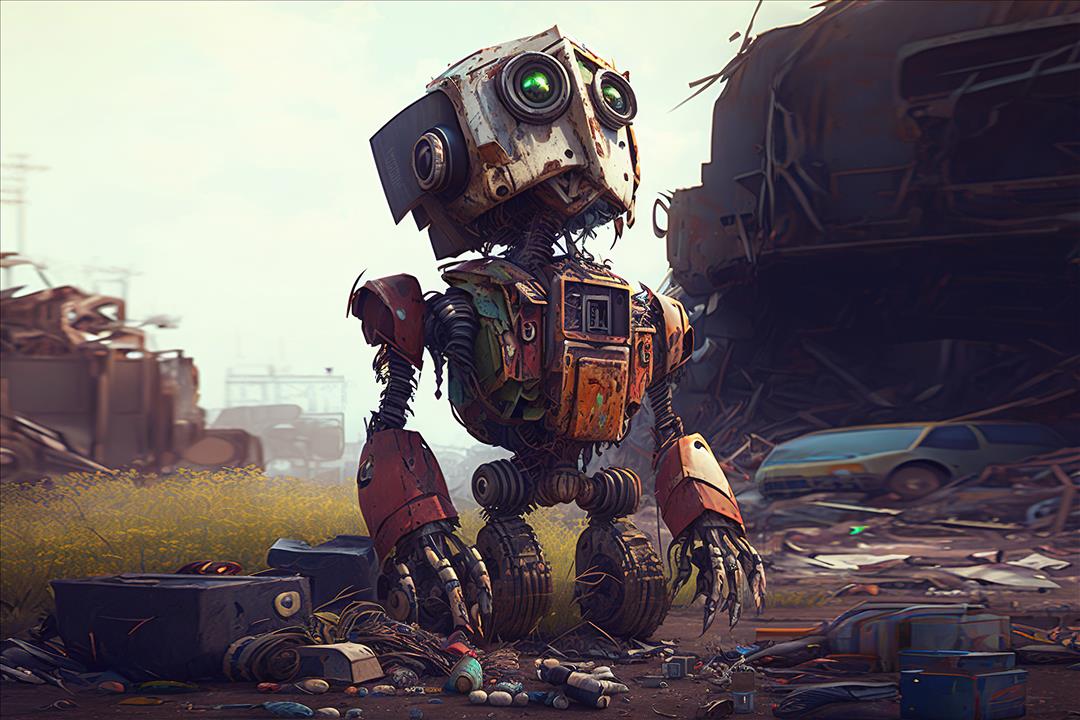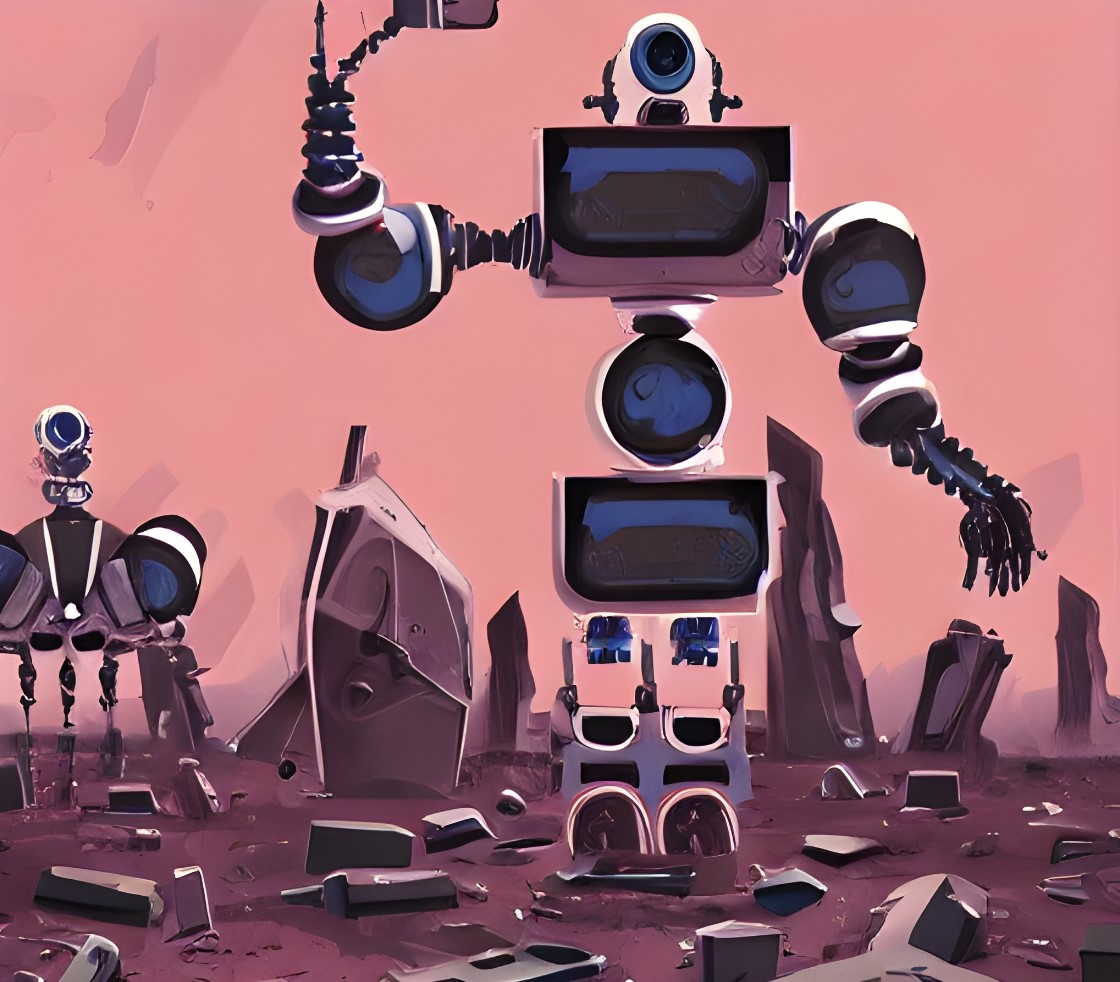Why you shouldn’t use AI for content marketing
08 Feb 2023, Posted by in Art, Design, Life, Newsletter, Photoshoots, Uncategorized
Can Artificial Intelligence write your article? If you follow the news at all, the answer appears to be a resounding yes. But the truth is it only improves your work if… in reality… you don’t know your subject well. Why do I say this? Because I tried.
an “information” version of 1990s era stock photos: bland, bright, and pointless
If you’re passionate about what you do, you’re always looking for ways to improve. ChatGPT (probably the most famous of the AI engines at the time of this writing) sells the idea that you can write better copy, identify better SEO, and outrank your competitors. And while there may be grains of truth in these claims, the chaff problem is far greater. Artificial “Intelligence” engines scour the internet for relevant content to your query, and then craft (sometimes elegant) responses. That sounds like a winning approach, but the problem is that AI lacks both expertise and the ability to identify expertise in its search. What it identifies is “popularity.” The result is an “information” version of 1990s era stock photos: bland, bright, and pointless.
I tested ChatGPT with the AIPRM plugin (designed with marketing tools) with one of my own articles, Create Addictive Content. Using the Outrank Article tool, it produced a well-written piece in under 2 minutes. But I could see the problem within the first five sentences: it was essentially the exact same article I read countless times on other websites. As an expert in my field, my article produced both unique content (based on my personal experience) and highly contextualized versions of recognized best practices. The main points of my piece were:
- Identify and develop your hook
- Use episodic content
- Find your hero
For each of those topics I provided definitions, examples, and approaches to creating your own hook, episode, and hero.
ChatGPT, however, scoured the internet for the most popular articles on the subject, and parroted their points:
- Define your target audience
- Keep your content relevant
- Use engaging visuals
- Make your content shareable
- Provide Valuable Information
- Use subheadings and bullet points
The advice here is bland to the point of being useless. How does telling someone that they should use “engaging visuals” help them create engaging visuals? AI had no examples to share here, because even if the original author of that idea had something to say, the conglomerate authors didn’t use the same example more than once. The salient point— how to create a compelling visual— didn’t have a popular answer.

Robot created with AI
If you want to create addictive content for your customers and clients, you do want engaging visuals; and yes, you do want to stay on whatever subject matter you’ve chosen and provide valuable information. This is the baseline, the skeleton of the work. And an article that presents these points is just fine… if it’s written by a high school student for their business class. But if you want to be perceived as an expert in your field, ChatGPT is ruinous. And it’s most insidious impact on the market will be the flood of crappy articles that “rank high” in searches because another machine algorithm can’t identify knowledge from bullshit. Your clients deserve better.
Sorry, the comment form is closed at this time.